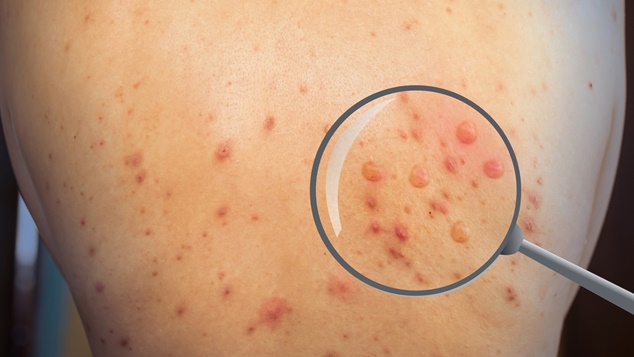
Australia’s sixth case of the Monkeypox virus has been reported in New South Wales. There are now two cases in Victoria, and the four in New South Wales. One of the cases in New South Wales is a man who had recently traveled to Queensland.
The latest Victorian case is a man in his 30s who developed mild symptoms after returning from Europe. Testing has confirmed he has the virus and he remains at home in isolation. The fourth case in New South Wales is also a man in his 30s who had recently returned from Europe, his companion is also been monitored as a potential seventh case.
None of the Australian cases are related to each other. While there are no cases in Western Australia the WA Health Department has confirmed health organisations have been briefed to be on alert for the infection.
Monkeypox is endemic to part of Africa. However, the World Health Organisation reports that since mid May 2022, cases of monkeypox have been reported from several countries that are not endemic for the virus
Cases have been reported in Europe, North America and Asia. This includes the UK, Spain, Portugal, Italy, Sweden, Singapore, the US and Canada – alongside Australia.
Victoria’s Chief Health Officer Brett Sutton has previously outlined that the virus is not easily transmittable.
“Monkeypox isn’t easily transmitted from person to person, as it requires direct skin to skin contact through broken skin, fluid or pus in lesions, or prolonged face to face contact via respiratory transmission,” he said.
“People usually develop muscle aches and a fever before a rash develops, which can be itchy and painful. Occasionally the rash develops as the first symptom.”
People who develop fever and rash should call ahead before consulting their GP or sexual health service.
Health officials have stressed that the virus is not transmitted sexually, nor is it specific to the gay, bisexual and other other men who have sex with men. Many of the recent cases have been traced back to LGBTIQA+ focused venues and events, but experts have also noted that this cohort also has a much higher awareness of sexual health checks that the wider population.
ACON CEO Nicolas Parkhill said it was important that people in LGBTIQA+ communities remained vigilant.
“It’s important we stay informed and continue to be self-aware when it comes to our health. Self-awareness can help protect your health and the health of others.
“We know that people in our communities already have strong health-seeking behaviour when it comes to looking after their sexual health so please continue to monitor for symptoms, including for any unusual rashes or lesions.” Parkhill said. “And if you are sick, feeling unwell and have any compatible MPXV symptoms, self-isolate and seek medical attention immediately.”
Symptoms of MPXV include a fever, headache, muscle aches, low energy, swollen lymph nodes and a skin rash or lesions. The incubation period is usually 1-2 weeks but can be up to 21 days.
People who develop symptoms should call ahead before consulting their GP or sexual health service. They can also call the NSW Sexual Health Infolink on 1800 451 624.
Further information can also be found on the ACON MPXV Information Page for LGBTQ communities.
World Health Organisation calls for expedited research into the virus
This week the World Health Organisation facilitated a virtual gathering of over 500 experts and more than 2000 participants to discuss knowledge gaps and research priorities for monkeypox, in view of the recent outbreaks of the disease in both endemic and non-endemic countries.
Researchers and high-level experts from all over the world met virtually for two days to review the available evidence on the epidemiology of the virus; its transmission dynamics; the clinical characteristics; One Health research; community engagement; and countermeasures for managing the disease, including clinical care, treatments and vaccines. They agreed that effective countermeasures should be made available based on where the need was greatest.
The participants of the meetings highlighted that improved control of monkeypox in endemic countries is critical to address increases in disease incidence, and to control importations and outbreaks elsewhere.
Participants agreed that strengthened collaboration among researchers in endemic countries, who have a wealth of experience and data on the disease—along with researchers from other countries—will ensure that scientific knowledge advances more quickly.
Experts underlined the need for expedited studies to better understand the disease epidemiology, its clinical consequences, and the role of various modes of transmission.
OIP Staff
You can support our work by subscribing to our Patreon
or contributing to our GoFundMe campaign.






